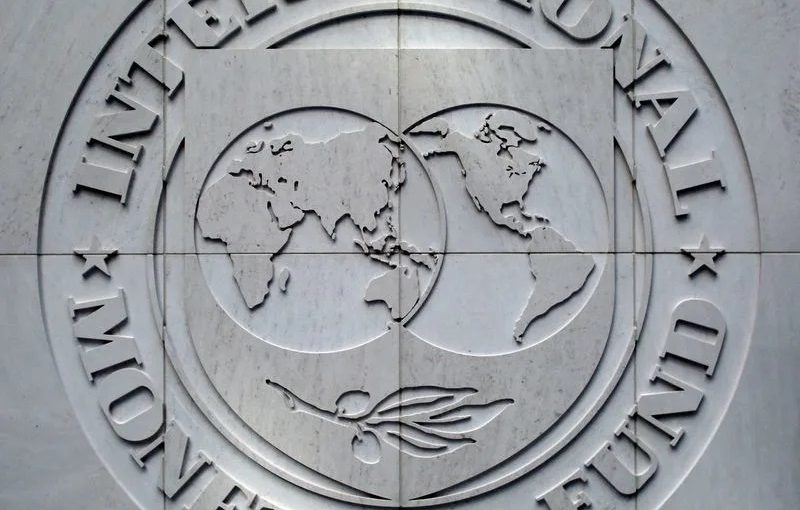Mozambique central bank cuts key rate to 9.75% – Watch
Mozambique: Government, IMF discussing fiscal stability before new cash handout

The Mozambican government and the International Monetary Fund (IMF) are discussing fiscal sustainability measures before a new disbursement of the programme to support the country, the IMF representative said on Wednesday.
“Now it is necessary to assess whether what has already been done is enough,” or “what more can be done to reach a joint vision of fiscal sustainability,” Alexis Meyer-Cirkel told Lusa during an event to present the regional economic outlook in Maputo.
“This, at the end of the day, is the important value,” in a dialogue that reviews “a little of what has happened” and “looks a lot at what is to come,” seeking “overlapping ideas of how to reach that sustainability in the next 12 months and then in the years to come,” he detailed.
About the deadline for the conversation to end, “the forecast is that it will end soon”.
“It is a conversation that is ongoing. We have made a lot of progress on many points and in some there is still a need for dialogue. The hope is that it will conclude soon,” he added.
According to the IMF representative, it is likely “that the fiscal deviations that happened at the end of the year” with the implementation of the Single Wage Scale (TSU) have created other “deviations” in relation to “what was the dynamic expected by the government” at a time when it has to comply with a memorandum of targets and reforms that underpins the financial support programme of $450 million (415 million euros) until 2025, approved by the IMF a year ago.
“This does not mean that the ongoing review and respective disbursement will not be carried out,” he said, noting that deviations from established plans “happen in most countries,” and pointing to the example of “shocks” with the surge in inflation.
“The important thing is what is done to correct the situation,” work that is underway, he reiterated.
In the case of Mozambique, “the moment it became clear that the cost with the TSU reform was greater than what had been planned, the government issued changes to regulations and decrees as early as January” to try to bring the public sector wage bill to the level planned in the state budget.
“It is now necessary to evaluate” what is done and see if it is sufficient.
Once the work is completed, the report is sent to the executive board of the IMF, which is then expected to “approve that next tranche, which is disbursed immediately afterwards”. “But we are in negotiation, in conversation for that second review,” Alexis Meyer-Cirkel explained.
The financial support programme for Mozambique is reviewed every six months: the targets and measures set out in the memorandum that underpins the agreement are assessed and understandings are sought to correct deviations to validate the review.
When each review receives the “green light”, a new tranche is disbursed, each one around US$70 million (64 million euros), except for the first, at the start of the programme, which was around US$90 million (83 million euros).
Despite having higher implementation costs, Mozambique’s economy and finance minister, Max Tonela, said in March in parliament that the TSU was a necessary measure to provide sustainability to the management of public finances.
The minister pointed out that the Mozambican state’s spending on salaries had been above international and Southern African standards and that the reorganisation imposed by the new pay scale would reverse that trend.
“We have registered a progressive increase in costs with salaries, which have been considerable. They rose from 8% of Gross Domestic Product in 2010 to 14% in 2021, which is outside the norms of good public finance management,” he said.
The minister noted that the weight of salaries on revenues collected by the state has resulted in fewer resources being allocated to essential sectors such as education, health and infrastructure.












Leave a Reply
Be the First to Comment!
You must be logged in to post a comment.
You must be logged in to post a comment.